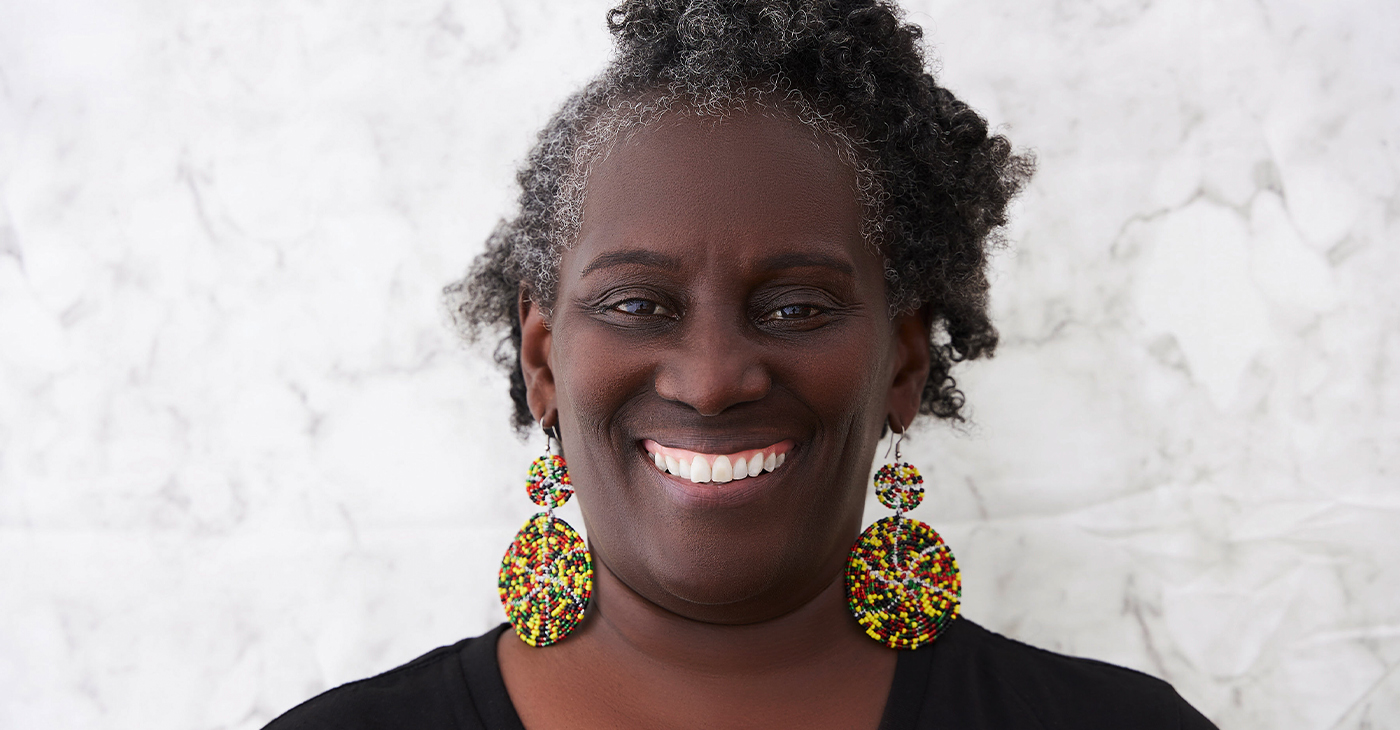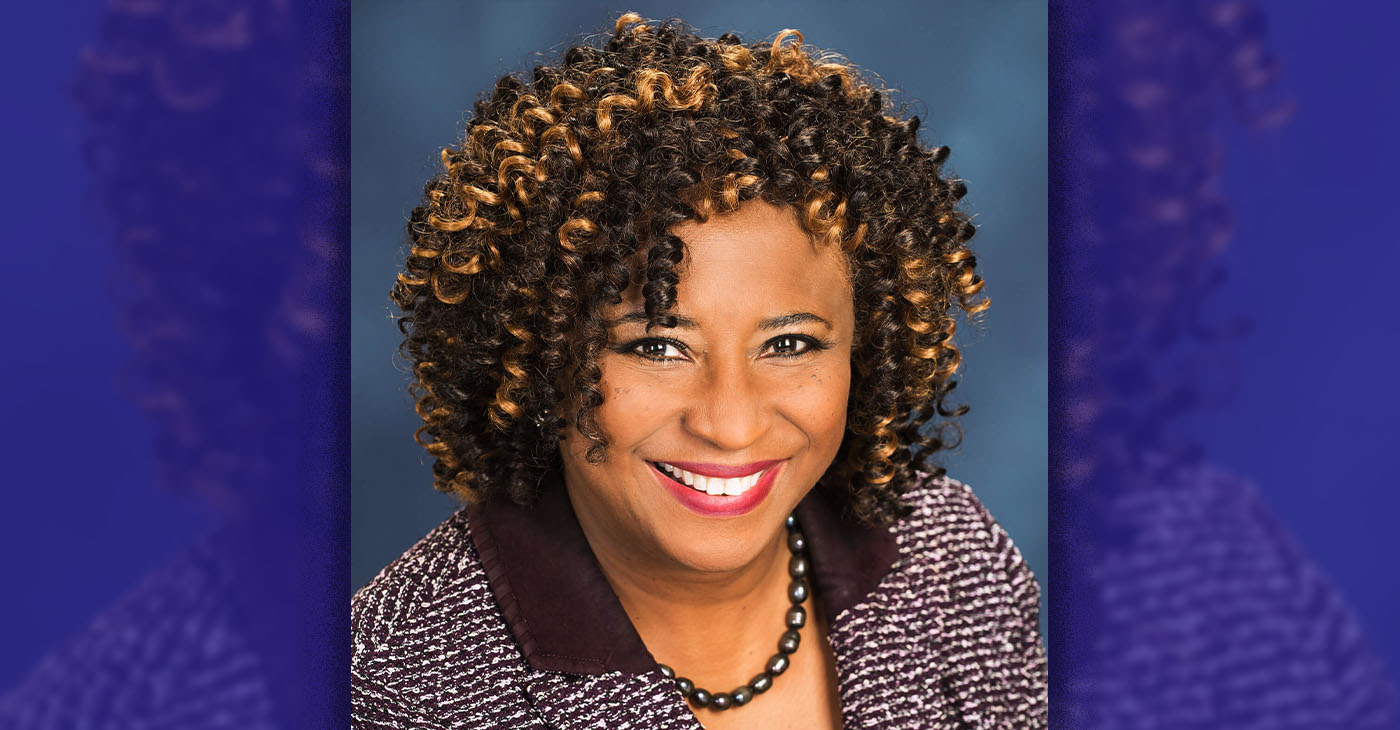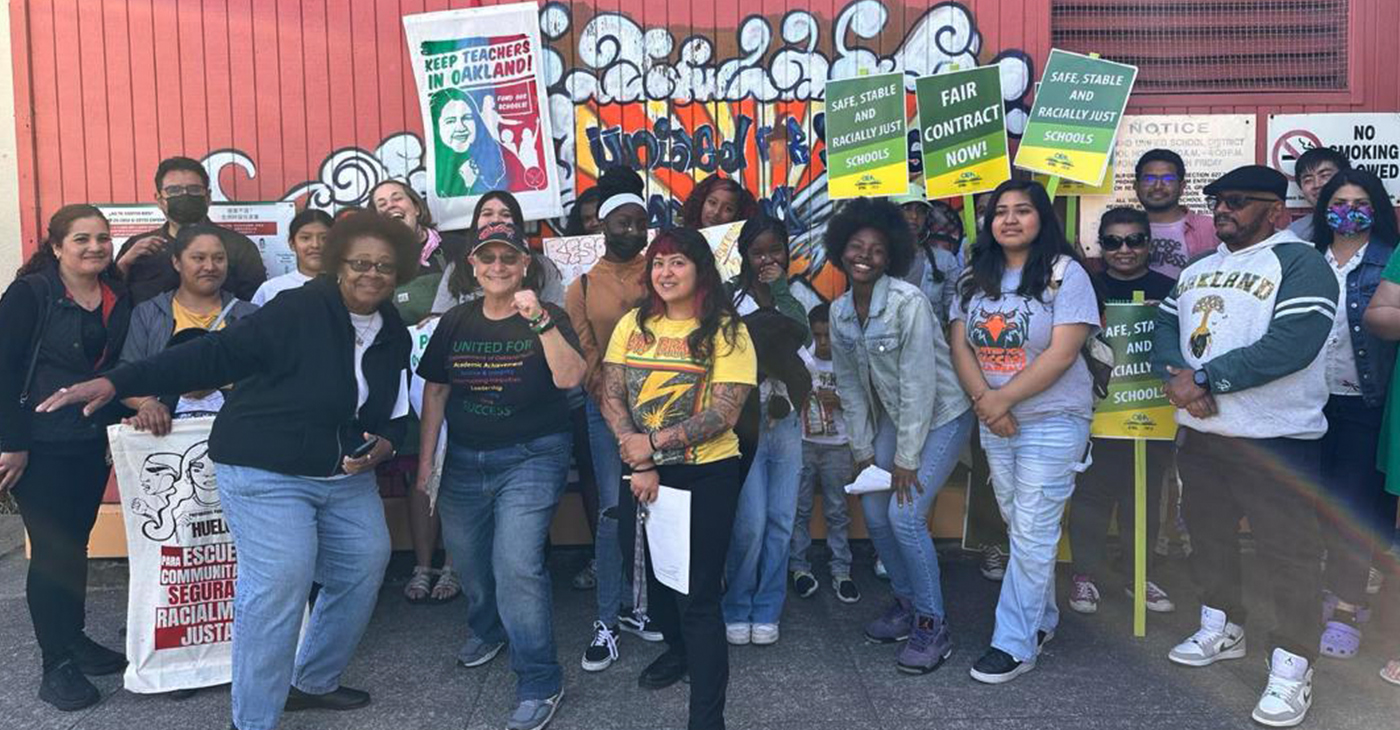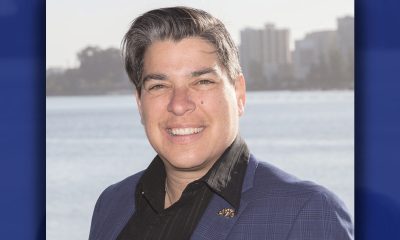Uncategorized
OP-ED: Why Our City Leaders are at the Climate Negotiations in Paris
By Nancy Skinner
Oakland Mayor Libby Schaaf has joined 10 US Mayors at the 2015 U.N. Climate Change Summit, which is currently underway in Paris. An organization called ICLEI-Local Governments for Sustainability (which is located in Downtown Oakland) has developed the “Local Climate Leaders Circle,” which is made up of Mayor Schaaf and the mayors of 9 cities throughout the United States. In addition to its presence in Oakland, ICLEI has 10 international offices, working with over 2000 cities worldwide to support local leaders focused on community development that is healthy for people, the environment, and the economy.
You might be wondering why should Mayors be at the Paris talks, what do cities have to do with climate change? Interestingly cities have a lot to do with climate change. Cities are where the majority of our planet’s residents live so as the planet heats up and sea levels rise cities will be especially stressed. Cities are also the economic engines with most of that economic activity powered from burning fossil fuels which in turn is the source of most of the carbon emissions causing climate change. In fact cities are responsible for about 70% of global carbon emissions.

Oakland Mayor Libby Schaaf spoke at a panel discussion at the Convention on Climate Change in Paris lat week.
Here on the eastside of the San Francisco Bay, some of Oakland’s most important economic activity is located right at sea level. Think of the impact that sea level rise can have on the Port which loads and discharges more than 99 percent of the containerized goods moving through Northern California, or on the Oakland Airport with its runways skirting the Bay.
And what about impacts to our West Oakland neighborhoods that sit right along the Bay, or the residences that surround Lake Merritt. According to West Oakland activist Margaret Gordon, who has long been at the forefront of advocating for air quality improvements and environmental justice, “the Oakland neighborhoods most at risk from climate change are low income, and have poor and crumbling infrastructure like for our sewage systems and the wooden poles that hold up our powerlines, and we don’t have an evacuation plan if there is major flooding.”
Mayor Schaaf and the other Mayors are telling world leaders that the time for action is now, and that communities like Oakland and Richmond are depending on them. The Mayors are also sharing their own experience, each of them represent cities that having taken action to do their share to stop the threat of disastrous climate change.
“Oakland is especially vulnerable to climate change; it will impact the Port of Oakland, our key economic generator, and many neighborhoods,” said Mayor Libby Schaaf. “It was an honor to represent Oakland at the Summit in Paris – representing the biggest global response to climate change to date – to promote what we are doing locally and because it’s important for world leaders to hear the real concerns of communities that will be profoundly impacted.”
The Oakland City Council first adopted a commitment to address climate change in 2001, approving a citywide Energy and Climate Action Plan in 2012 detailing policies to improve energy efficiency in buildings, promote solar and renewable energy and increase transit. With climate protection and air quality in mind Oakland now uses renewable diesel fuel for many of its vehicle and has electrified the Port so ships don’t have to rely on belching gas engines while they are docked. The City of Richmond also has a climate action plan with a target and timeline for greenhouse gas emissions reduction.
As climate leaders the Mayors of Oakland and Richmond are in good company. Former New York City Mayor Michael Bloomberg is now the United Nations Special Envoy for Cities and Climate Change, “These 10 cities deserve great credit for acting quickly to confront climate change,” said former Mayor Bloomberg, “By drawing attention to the work cities around the world are doing – and helping them speed their progress – the Leaders Circle can help set the stage for a successful climate change summit here in Paris.”
Let’s hope world leaders are listening so that Oakland, Richmond and our local communities don’t have to do it alone.
Author note: former Assemblymember Nancy Skinner co-founded ICLEI-Local Governments for Sustainability in 1990. She served as Executive Director of the US Office from 1994 to 2004 and international director of ICLEI’s Cities for Climate Protection program, She attended and brought Mayors to 10 of the past climate negotiations. The cities of Oakland and Richmond have both been ICLEI members. Nancy served in the California Assembly from 2008-2014, representing Oakland, Berkeley, Albany, El Cerrito, Kensington, Richmond, Pinole, and San Pablo.
Arts and Culture
Rise East Project: Part 3
Between 1990 and 2020, Oakland lost nearly half of its Black population due to economic and social forces. East Oakland, once a middle-class community, is now home to mostly Black families living in poverty.

The Black Cultural Zone’s Pivotal Role in Rebuilding Oakland’s Black Community
By Tanya Dennis
Between 1990 and 2020, Oakland lost nearly half of its Black population due to economic and social forces. East Oakland, once a middle-class community, is now home to mostly Black families living in poverty.
In 2021, 314 Oakland residents died from COVID-19. More than 100 of them, or about 33.8%, were Black, a high rate of death as Blacks constitute only 22.8% of Oakland’s population.
This troubling fact did not go unnoticed by City and County agencies, and the public-at-large, ultimately leading to the development of several community organizations determined to combat what many deemed an existential threat to Oakland’s African American residents.
Eastside Arts Alliance had already proposed that a Black Cultural Zone be established in Deep East Oakland in 2010, but 2020’s COVID-19 pandemic galvanized the community.
Demanding Black legacy preservation, the Black Cultural Zone (BCZ) called for East Oakland to be made an “unapologetically Black” business, commercial, economic development community.
Established initially as a welcoming space for Black art and culture, BCZ emerged into a a community development collective, and acquired the Eastmont police substation in Eastmont Town Center from the City of Oakland in 2020.
Once there, BCZ immediately began combating the COVID-19 pandemic with drive-thru PPE distribution and food giveaways. BCZ’s Akoma Market program allowed businesses to sell their products and wares safely in a COVID-compliant space during the COVID-19 shutdown.
Currently, Akoma Market is operated twice a month at 73rd and Foothill Boulevard and Akoma vendors ‘pop up’ throughout the state at festivals and community-centered events like health fairs.
“Before BCZ existed, East Oakland was a very depressing place to live,” said Ari Curry, BCZ’s chief experience officer and a resident of East Oakland. “There was a sense of hopelessness and not being seen. BCZ allows us to be seen by bringing in the best of our culture and positive change into some of our most depressed areas.”
The culture zone innovates, incubates, informs, and elevates the Black community and centers it in arts and culture, Curry went on.
“With the mission to center ourselves unapologetically in arts, culture, and economics, BCZ allows us to design, resource, and build on collective power within our community for transformation,” Curry concluded.
As a part of Oakland Thrives, another community collective, BCZ began working to secure $100 million to develop a ‘40 by 40’ block area that runs from Seminary Avenue to the Oakland-San Leandro border and from MacArthur Boulevard to the Bay.
The project would come to be known as Rise East.
Carolyn Johnson, CEO of BCZ says, “Our mission is to build a vibrant legacy where we thrive economically, anchored in Black art and commerce. The power to do this is being realized with the Rise East Project.
“With collective power, we are pushing for good health and self-determination, which is true freedom,” Johnson says. “BCZ’s purpose is to innovate, to change something already established; to incubate, optimizing growth and development, and boost businesses’ economic growth with our programs; we inform as we serve as a trusted source of information for resources to help people; and most important, we elevate, promoting and boosting Black folks up higher with the services we deliver with excellence.
“Rise East powers our work in economics, Black health, education, and power building. Rise East is the way to get people to focus on what BCZ has been doing. The funding for the 40 by 40 Rise East project is funding the Black Culture Zone,” Johnson said.
Alameda County
Help Protect D.A. Pamela Price’s Victory
Alameda County District Attorney Pamela Price is asking supporters of the justice reform agenda that led her to victory last November to come to a Town Hall on public safety at Montclair Presbyterian Church on July 27.

By Post Staff
Alameda County District Attorney Pamela Price is asking supporters of the justice reform agenda that led her to victory last November to come to a Town Hall on public safety at Montclair Presbyterian Church on July 27.
Price is facing a possible recall election just six months into her term by civic and business interests, some of whom will be at the in-person meeting from 6:00-9:00 p.m. at 5701 Thornhill Dr. in Oakland.
“We know that opponents of criminal justice reform plan to attend this meeting and use it as a forum against the policies that Alameda County voters mandated DA Price to deliver. We cannot let them succeed,” her campaign team’s email appeal said.
“That’s why I’m asking you to join us at the town hall,” the email continued. “We need to show up in force and make sure that our voices are heard.”
Price’s campaign is also seeking donations to fight the effort to have her recalled.
Her history-making election as the first African American woman to hold the office had been a surprise to insiders who had expected that Terry Wiley, who served as assistant district attorney under outgoing D.A. Nancy O’Malley, would win.
Price campaigned as a progressive, making it clear to voters that she wanted to curb both pretrial detention and life-without-parole sentences among other things. She won, taking 53% of the vote.
Almost immediately, Price was challenged by some media outlets as well as business and civic groups who alleged, as she began to fulfill those campaign promises, that she was soft on crime.
On July 11, the recall committee called Save Alameda for Everyone (S.A.F.E.) filed paperwork with the county elections office to begin raising money for the next step toward Price’s ouster: gathering signatures of at least 10% of the electorate.
S.A.F.E. has its work cut out for them, but Price needs to be prepared to fight them to keep her office.
In a separate sponsored letter to voters, Price supporters wrote:
“We know that you supported DA Price because you believe in her vision for a more just and equitable Alameda County. We hope you share our belief that our criminal justice system has to be fair to everyone, regardless of their race, gender, ethnicity, religion, or socioeconomic status.
“The Republican-endorsed effort is a blatant attempt to overturn the will of the voters and a waste of time and money. It is an attempt to silence the voices of those who want real justice. We cannot let these election deniers succeed.
“Will you make a donation today to help us protect the win?
“Please watch this video and share it with your friends and family. We need to stand up to the sore losers and protect the win. Together, we can continue to make Alameda County a more just, safe and equitable place for everyone.”
For more information, go to the website: pamelaprice4da.com
or send an e-mail to info@pamelaprice4da.com
Bay Area
Oakland Teachers Walk Out
After negotiating late into the night and months of fruitless bargaining with the Oakland Unified School District, Oakland teachers went out on strike Thursday morning. “Our (50-member) bargaining team has been working for seven months working, making meaningful proposals that will strengthen our schools for our students,” said Oakland Education Association (OEA) Interim President Ismael “Ish” Armendariz, speaking at press conference Monday afternoon.

OEA calls unfair labor practices strike after 7 months of negotiations.
By Ken Epstein
After negotiating late into the night and months of fruitless bargaining with the Oakland Unified School District, Oakland teachers went out on strike Thursday morning.
“Our (50-member) bargaining team has been working for seven months working, making meaningful proposals that will strengthen our schools for our students,” said Oakland Education Association (OEA) Interim President Ismael “Ish” Armendariz, speaking at press conference Monday afternoon.
“OUSD has repeatedly canceled bargaining sessions, has failed to offer meaningful proposals or counterproposals at a majority of the bargaining sessions and has repeatedly failed to discuss certain items,” Armendariz said.
“The days (of bargaining) have been long, and after hours of waiting, the superintendent finally showed up on Sunday night at 11:00 p.m.to meet with our team (for the first time),” he said. “(But) the district continues to come to the table unprepared, and this is unacceptable.”
“This is illegal, and OEA has filed an Unfair Labor Practice charge with the state Public Employment Relations Board (PERB). Under California law, OEA has a right to strike over unfair labor practices,” he said.
OEA represents 3,000 teachers, counselors, psychologists, speech pathologists, early childhood educators, nurses, adult education instructors and substitute teachers, serving 35,000 Oakland public school students. Other labor groups representing school employees include SEIU 1021 and construction unions.
In a press statement released on Tuesday, OUSD said it has been trying to avert a strike.
“The district will remain ready to meet with the teachers’ union at any time and looks forward to continuing our efforts to reach an agreement with OEA … We will continue to do everything possible to avoid a work stoppage.”
“Our children’s education does not need to be interrupted by negotiations with our union, especially given the major offer the District made on Monday,” other district press statements said. “We are committed to continuing to work with our labor leaders to discuss their salaries and support services for our students without the need for a strike.”
OUSD’s latest salary proposal, released this week, includes a 10% raise retroactive to Nov. 1, 2022, and a $5,000, one-time payment to all members.
OEA’s recent salary proposal asked for a 10% retroactive raise to all members, a one-time $10,000 payment to members who return for the 2023-2024 school year, and increases from $7,500 to $10,000 to salaries, based on years of experience.
In addition to pay demands, OEA is making “common good” proposals that serve families and the community, including protecting and enhancing special education programs, putting the brakes on closing schools in flatland neighborhoods, shared school leadership, safety, and support for students.
-

 Alameda County2 weeks ago
Alameda County2 weeks agoAlameda County District Attorney Pamela Price Announces $7.5 Million Settlement Agreement with Walmart
-

 Activism2 weeks ago
Activism2 weeks ago‘Jim Crow Was and Remains Real in Alameda County (and) It Is What We Are Challenging and Trying to Fix Every Day,’ Says D.A. Pamela Price
-

 Activism4 weeks ago
Activism4 weeks agoOP-ED: Hydrogen’s Promise a Path to Cleaner Air and Jobs for Oakland
-

 Bay Area2 weeks ago
Bay Area2 weeks agoIn the City Attorney Race, Ryan Richardson Is Better for Oakland
-

 Activism4 weeks ago
Activism4 weeks agoBarbara Lee, Other Leaders, Urge Voters to Say ‘No’ to Recalls of D.A. Pamela Price, Mayor Sheng Thao
-

 Activism4 weeks ago
Activism4 weeks agoCOMMENTARY: DA Price Has Done Nothing Wrong; Oppose Her Recall
-

 Bay Area4 weeks ago
Bay Area4 weeks ago2024 Local Elections: Q&A for Oakland Unified School Candidates, District 3
-

 Business3 weeks ago
Business3 weeks agoHarris Promises 1 Million Forgivable Loans for Black Businesses
















































